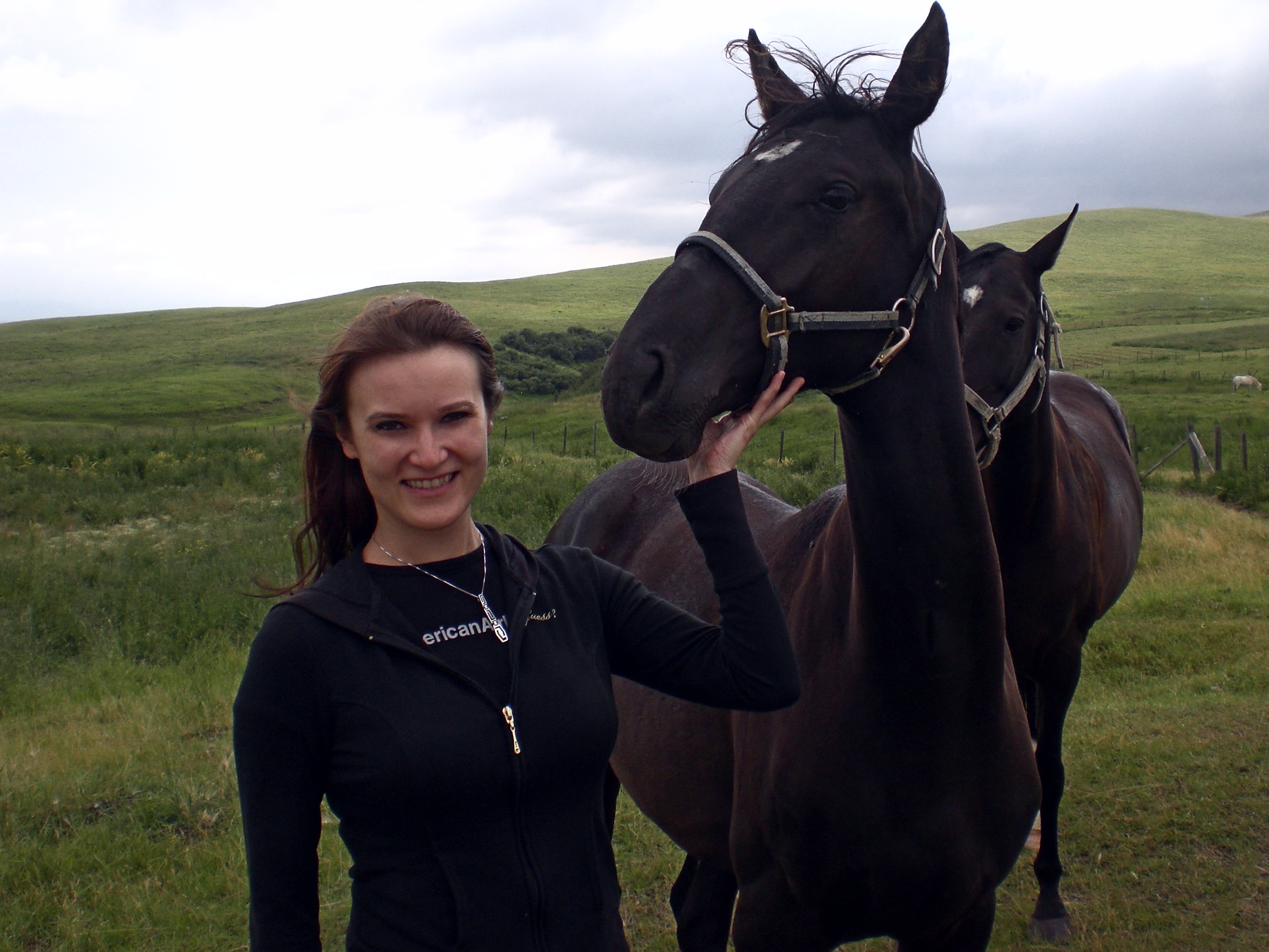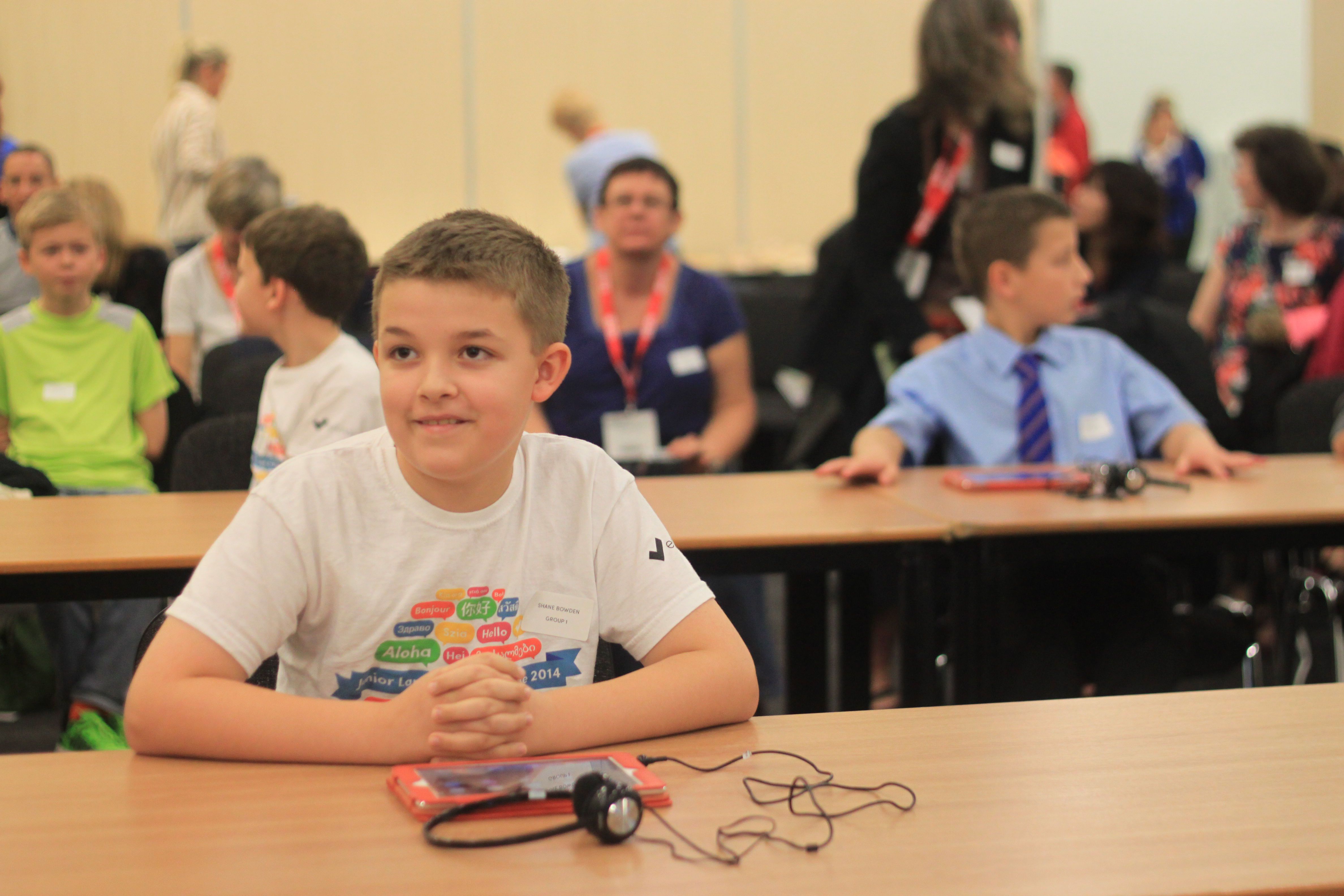Overcoming anxiety when speaking a foreign language in public
Thanks to guest blogger Eve Pearce, who’s written today’s really helpful article about something every language learner has had to deal with at some point – overcoming the fear of actually speaking it. If you have any other top stress-busting tips, we’d love to hear about them in the comments!
Seasoned foreign language teachers will probably tell you that one mark of a successful student in terms of language learning, is ‘openness’, ‘daring’ and sometimes, even ‘cheek’. The more free of self-consciousness and shame a student is, the more likely they are to progress, since one vital part of language learning is using it – having conversation with other speakers, communicating, living the language one is learning.
It is easier said than done for some learners, however, especially those suffering from anxiety. Far from being an exotic condition, anxiety is actually the most common mental condition in the US, the UK and many other countries. The daily stresses and demands of life can invoke our ‘fight or flight’ response, raising our heart and breathing rates and sometimes, even causing debilitating panic attacks.
As a language learner, anxiety may have stopped you in your tracks. It may have made you fear situations and people you do not know well. It can stop you from making many important changes in your life, or from learning a new language and interacting with other students and foreign language speakers. Anxiety can play big tricks on body and mind; excess oxygen levels (produced by breathing too rapidly) can cause muscles to cramp and can cause hyperventilation. Sometimes, the problem is mild but still uncomfortable – for instance, a person may fear having to get up in front of a class and make a speech in another language.
If you are suffering from anxiety, and you feel like it is interfering with your ability to progress as a foreign language learner, try some of the most effective relaxation techniques known to those who have recovered from this condition. Foremost among these techniques is abdominal breathing. It is quite simple – just breathe in a large amount of air through your nose, allowing your abdomen to expand. Keep the breath in for a few seconds then exhale, slowly, through your mouth. Do this various times and you will note that your heart rate drops, even when you are very stressed.
Yoga is another highly successful technique at quelling anxiety and stress, so much so that it is offered at practically every top rehabilitation centre for addiction and for eating disorders. Yoga is such an excellent way to battle anxiety because it can be practised by people of all fitness levels and ages, it is cheap, and also a proven method of lowering stress hormone (cortisol) levels. It involves a connection between body, mind and spirit. Controlled breathing is also used, and various poses (asanas) are performed.
Sometimes, mindful meditation can be practised during a yoga session, yet meditation is also useful on its own to calm stress. If you have anxiety, you should definitely set aside a few moments during the day to meditate. There are numerous free online meditation sessions lasting minutes, as well as meditation and breathing apps for your phone, which you can follow while you are in the car or on the bus to work or school.
If you try these methods out and you do not improve, or your anxiety is very severe, then expert help may be required. A good therapist will be able to help you in a handful of session, by utilizing techniques such as CBT (Cognitive Behavioral Therapy), which aims to help patients identify stress triggers and find positive ways to channel tension.
If you have an upcoming talk in a foreign language and you are worried about what others will think if your delivery isn’t perfect, remember that most speakers make mistakes and even suffer from nerves before they begin. Language isn’t a competition; it is a progression and it pays to keep in mind that even if the worst possible outcome occurs (e.g. you forget your speech or you feel too nervous to speak), the event is not the be-all, end-all of your language learning experience. There will always be another chance, further down the line, to do that exam or speak before an audience.
Through relaxation techniques, breathing and therapy, you soon discover that anxiety is little more than a trick – it is your body’s way of choosing ‘flight’ (escape) when the ‘fight or flight’ response kicks in. By simply breathing for a few minutes until your heart rate settles, you can stop anxiety in its tracks – and begin to view language learning as the enjoyable pursuit it really is.
Eve Pearce
Counting the days: Reuben can’t wait for his 4th Junior Language Challenge
In today’s blog post, father and son Joseph and Reuben share with us their JLC story and how learning made fun got them counting the days until this year’s competition.
If you’re a parent or teacher of children aged 10 and under in the UK, visit juniorlanguagechallenge.com to find out more about our annual competition, which opens on Friday 11th March.
Reuben was just 6 and in Year 2 when a teacher with a passion for languages opened the JLC to this year group for the 1st time. Reuben got stuck in to learning Spanish, then Greek, breezed past most of the school including the Y6s and in to the East-Midlands’ semi-final. He came 4th. This was an inspiration to the other children that left them waiting for the next JLC. His success justified an early introduction of Abbey Road children to the exciting challenge of learning a new language. The sheer passion and excitement with which he approached the languages, the colourful child-friendly software and the brain-teasing range of games that increased in difficulty as his competence increased and introduced the language as it might be used in every-day life, kept him glued to learning, so much so that he was at it during every waking moment. For once, we parents did not have to battle with him to get off his game console or the iPad! Most importantly he remains as enthusiastic and motivated several challenges on.
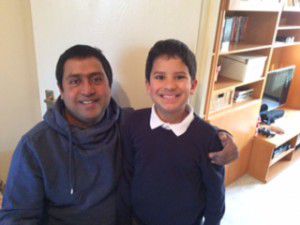 Reuben waited eagerly for his next shot at the JLC in Year 3. While the 1st round was a doddle for him, he crashed ignominiously out of the semi-final, learning an important life lesson, that there is no substitute for hard work. Rather than letting this get him down, he worked very hard and consistently in Year 4, at gaining a working knowledge of Portuguese, then Mandarin and qualified for the final in London. He was very excited and enthused by his success and immersed himself in learning Arabic for this. The fierce competition did not deter him but rather spurred him on and he came 13th after a hard fought set of heats.
Reuben waited eagerly for his next shot at the JLC in Year 3. While the 1st round was a doddle for him, he crashed ignominiously out of the semi-final, learning an important life lesson, that there is no substitute for hard work. Rather than letting this get him down, he worked very hard and consistently in Year 4, at gaining a working knowledge of Portuguese, then Mandarin and qualified for the final in London. He was very excited and enthused by his success and immersed himself in learning Arabic for this. The fierce competition did not deter him but rather spurred him on and he came 13th after a hard fought set of heats.
Having enjoyed himself so much and coming within a hair-breadth of winning, he continues his JLC journey. He cannot wait for this year’s challenge to begin. He is counting the days!
Joseph Chandy
___
I started the Junior Language Challenge in Year 2 at the age of 6 and have taken the Challenge every year since then. It is an amazing experience that I look forward to.
I love languages and was extremely interested in participating. I loved the way the games were laid out. This makes them really easy to understand and play and most importantly, it makes the whole experience really fun. No matter how hard the language is or may seem, EuroTalk makes it easy to learn and understand.
JLC combines two extremely important things in life, having lots of fun and language learning. It’s definitely not boring; it’s one of the best and most exciting experiences you can have. I love the competition it creates; the urge to win in all competitors is great. One of the things I love about the JLC is how you can share the massive excitement and competitiveness with other people who are also in the challenge. I strained to be at the top of the scoreboard, competing with my friends Adam and Farah Akbar and many others.
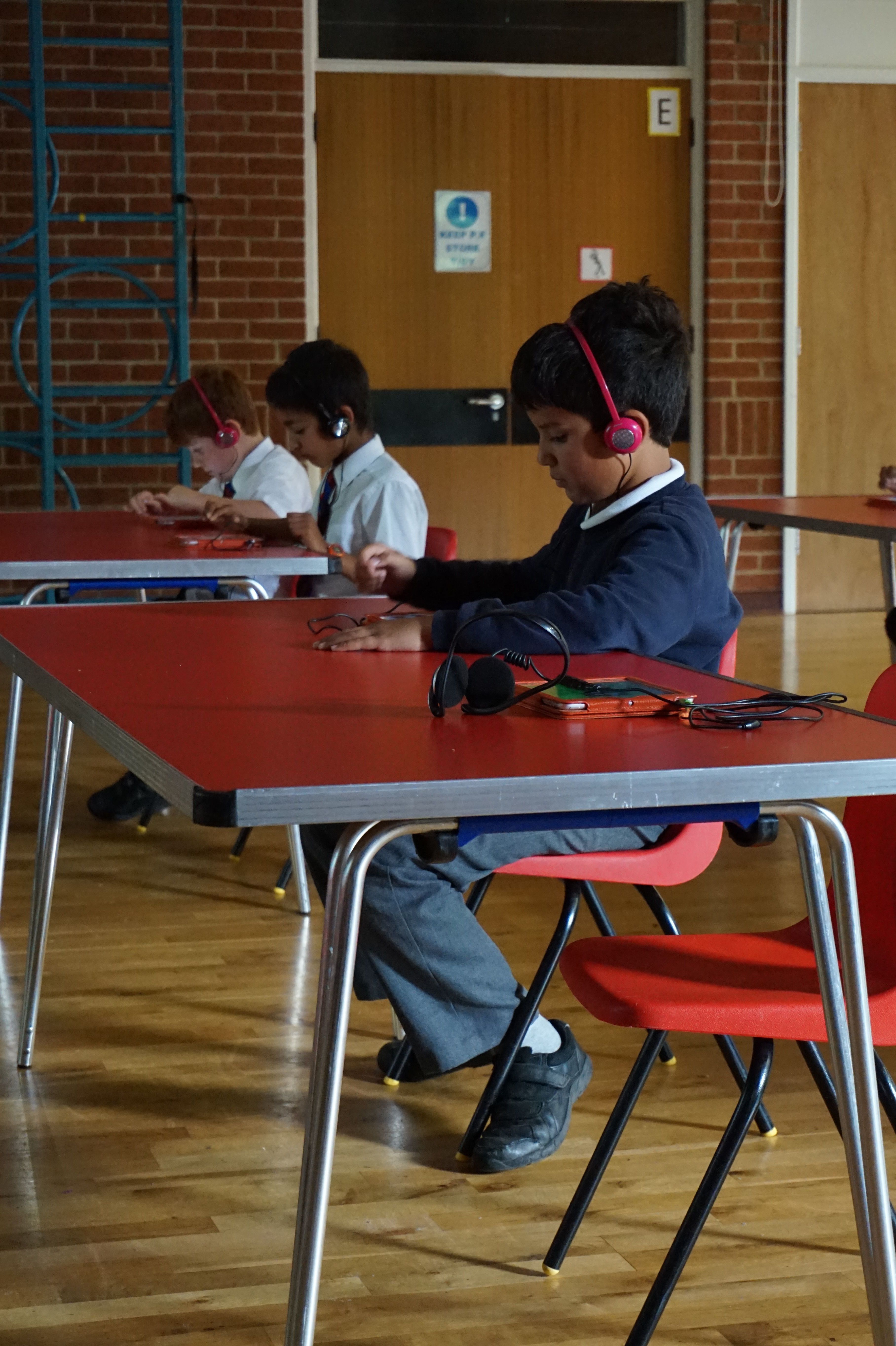 Getting to the semi-final and final is a special feeling I will never forget. The feeling that you’re among the best of the massive amount of participants is simply amazing. The best thing is, the entrance fee is only £5 and it goes to an absolutely wonderful cause, a non-profit organisation called onebillion, whose sole aim and cause is to give the children in Malawi a better education and a much brighter future.
Getting to the semi-final and final is a special feeling I will never forget. The feeling that you’re among the best of the massive amount of participants is simply amazing. The best thing is, the entrance fee is only £5 and it goes to an absolutely wonderful cause, a non-profit organisation called onebillion, whose sole aim and cause is to give the children in Malawi a better education and a much brighter future.
I hope that more people can join the Junior Language Challenge and share this brilliant experience. I love the Junior Language Challenge and I will never forget it. JLC 2016 is a few mere days away!
Reuben Chandy
Junior Language Challenge finalist Grace aiming for the top in 2016
Jenny’s daughter Grace was a finalist in the 2015 Junior Language Challenge – and one of the stars of our video from the day! In today’s blog post, Jenny tells us about her experience of the competition as a mum, and what taking part in the JLC has meant to Grace.
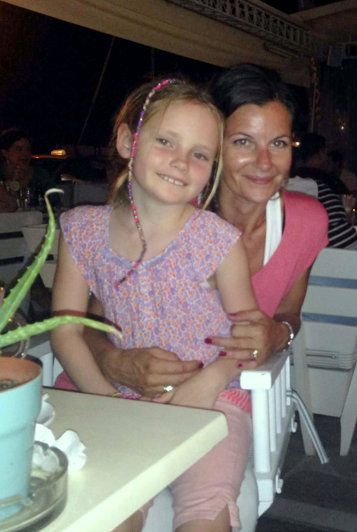 The JLC has become a very big part of our life since March 2014, when my daughter first entered the challenge.
The JLC has become a very big part of our life since March 2014, when my daughter first entered the challenge.
I was amazed by the commitment she put into the challenge, especially as she was only 7 at the time. She practised daily with her Daddy and it became a really fun part of the day. Even though she was ‘learning’, she didn’t/doesn’t class it in the same way as homework.
Grace got through to the semi-finals in Cambridge. She was so very nervous and had no idea what to expect (similarly to myself!). She completed the first round and got through to the final 12. It was this round I sat in to watch, oh my goodness… It was nerve wrecking watching the scores go up and down. Unfortunately Grace didn’t make it through to the final that year. She wasn’t too downbeat about it and declared she would do better next time! I wasn’t sure my nerves could stand another one!
March 2015 came and Grace started the challenge again. Proudly, she got through to the semi-finals and this time she came top in the final 12, so she was through to the Grand Final at Olympia! To us, this was an amazing achievement and we were so proud.
On the day she made it through to the last round but only came 10th. Although, only 10th at the age of 8 from thousands of entrants is fairly epic for us all. The JLC team were fabulous throughout the trials, very reassuring and putting the children at ease.
Grace is determined to make the top three in the finals this autumn!
I cannot speak highly enough of the JLC and would thoroughly recommend all parents let their child experience this modern way of learning a language. It is a fun and challenging game with only positive results. So, as we commence the new challenge with Romanian, Grace reiterates her desire to make the Grand Final! Fingers crossed!
Good luck to Grace and everyone who takes part in this year’s JLC, which will launch on March 11th and is open to children aged 10 and under across the UK. Entry costs just £5 and is donated to our charity onebillion. The first of our three languages this year will be Romanian!
You can find out more about Junior Language Challenge 2016 on our official page: juniorlanguagechallenge.com. Or email jlc@eurotalk.com if you have any questions.

